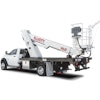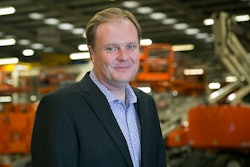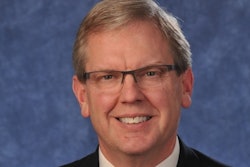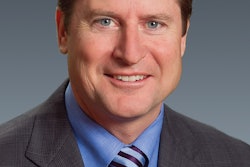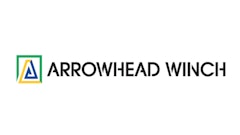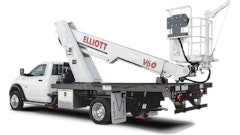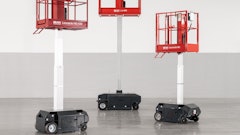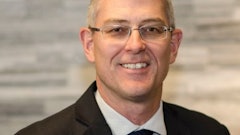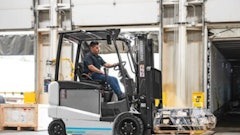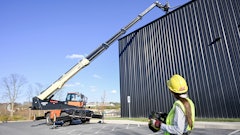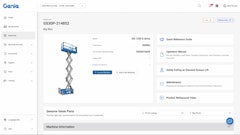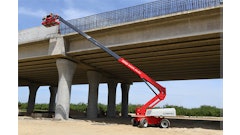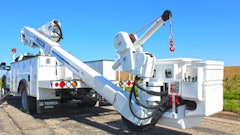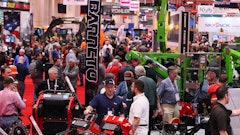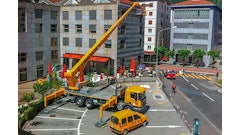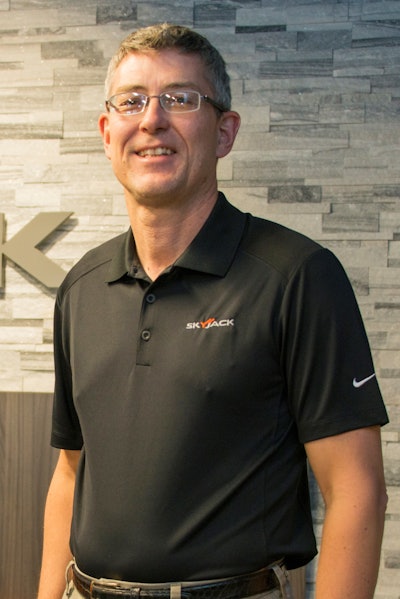
Skyjack made a splash at The ARA Show in Anaheim, CA with its conceptual demonstration of a scissor lift being controlled remotely from the other side of the world, in Australia. The company then made a bold promise to introduce autonomously controlled equipment by the year 2023. To find out more, we talked with Skyjack President Brad Boehler. Here's what he had to say:
Rental: How do you see the aerial market shaping up in 2019?
Brad Boehler, president of Skyjack: I think there will be continued growth in 2019. There’s a lot of optimism still in the marketplace. Our rental customers are reporting their customers have visibility to a lot of work for the next 12 to 18 months and they’re feeling really good about that. The American Rental Association is predicting growth for the industry as a whole, as well as increasing rental penetration.
Ultimately, growth in the market is not as high as it has been in recent years, but there will still be expansion. Certainly, we’re looking to growing with that and seeing market share grow as well.
Genie President Matt Fearon: The Time is Right for Technology to Take Hold
JLG President Frank Nerenhausen: JLG Doubling Down on Core Values of Innovation, Voice of Customer
Snorkel President Matthew Elvin: Aerial Industry Continues to Grow Despite Global Challenges
Rental: What do you see in your crystal ball for the longer term?
Boehler: To some degree it depends on what the global circumstances are. Some of the primary challenges we’ve been facing in the recent past are the result of tariffs and trade wars. We try to insulate ourselves where we can, getting supply from different places and continuously working toward good cooperation with our vendors, but from a manufacturing standpoint - and it doesn’t matter what country you’re manufacturing in - we are worse off from a cost perspective than we were a year ago. That’s driven by duties and tariffs and also by cost increases just based around supply and demand from specific mills in different parts of the planet, and it’s going to continue further down the chain of commerce. Our customers do not want to pay any more for their equipment, but we can’t continue to give it them for the same price. Their customers don’t want to pay any more to rent the equipment, but I don’t believe our customers will be able to give it to them at the same rate. The bottom line is this inflation of materials costs will ultimately make its way to the consumer.
But overall, there’s a lot of work still going on, a lot of expansion, and a lot of good economic signals throughout the globe. I just hope that uncertainty over Brexit, uncertainty over the next US election, those kinds of things, don’t derail the economy.
Rental: Where do you see technology headed with aerial equipment?
Boehler: It’s a constant evolution. At Skyjack, we’ve challenged our team to have machinery that does a variety of tasks autonomously by 2023. Having said that, it’s kind of like the moon landing, we have to follow that up with a lot of research, but as long as we provide our team with enough time, resources and the ability to fully think concepts through, we’ll get results.
Our customers have always appreciated our simple and reliable components that are not complicated to replace, and not complicated for a technician to troubleshoot. But we’re already struggling with not having enough qualified technicians in the field, and now we’re adding a whole generation that’s grown up with iPads, cell phones, and freely available information. They don’t necessarily have the same understanding of mechanical systems as we have, but they’re way ahead of us technologically. That leads us to a place where the people we’re going to be selling to will have a completely different thought process than we do today.
Rental: How will that look?
Boehler: For us, we want to achieve autonomous tasks with our equipment by 2023. That will come in two streams. One is machinery that looks like machines today but will be able to load itself on and off trucks, effectively eliminating the leading cause of injury to employees using our equipment. We’ll see the staging of machinery so it can drive itself around a rental yard. The second stream will be machines that don’t look at all like they do today and will have no people in them. These machines will be able to complete certain tasks, like installing piping at height, etc.; they’ll be robots, basically. Both streams may be a way to be do things with remote control, through virtual reality or augmented reality, or some sort of mixed reality, with the electrician standing on the ground, controlling the robot, essentially doing work at height but from the ground. Once you take the operator off the machine, the machine looks totally different.
Rental: That sounds pretty radical. What will happen to the workforce?
Boehler: Think of the invention of the cotton gin. It replaced a lot of people and people wondered what all those workers would do. But they simply moved on to different things. We’re talking about a changing of the workforce as opposed to complete removal of the workforce.
Rental: What’s coming for Skyjack?
Boehler: We’re definitely getting to a point where machinery will be more technologically savvy than it has been. For Skyjack, this is very exciting because we were the least technologically savvy supplier, deliberately so, because we were targeting our motto of being “Simply Reliable” with equipment that’s easy to repair and diagnose. We’re continuing with that but now we are actively leapfrogging from the tech perspective because it’s so important and we believe there’s value in things like telematics, and functioning remotely and autonomously. This is now the expectation of the future.
People maintaining the equipment in the future will expect to maintain it in a different way than we’re doing now, just as people using the equipment will expect to use it in a different way than we are now. This is good for the industry as a whole; we just have to make sure we’re doing things pragmatically, and adding value as opposed to just making super cool things. Ultimately, this is the right step for the future, helping the industry be more effective, productive and safe.


